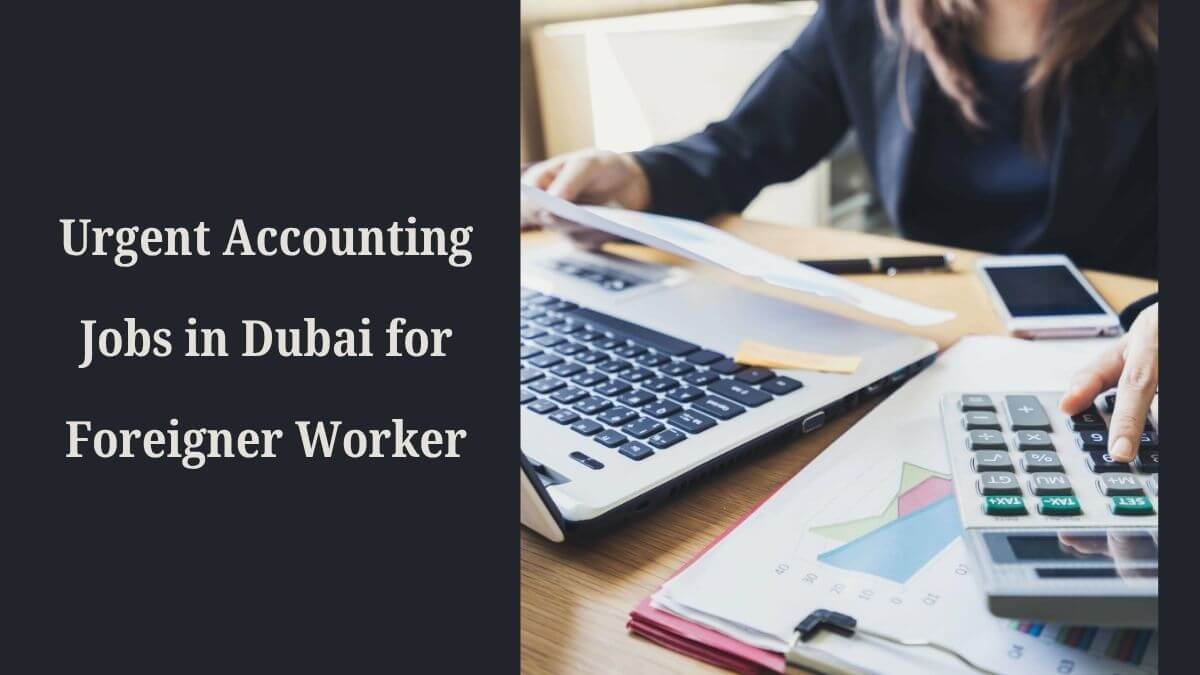Lithuania Work Visa Process 2025 – Visa Guide
Lithuania offers several types of work visas designed for non-EU nationals, with different categories depending on the skill level, profession, and job offer. Here, we’ll go over some of the most common types of work visas available for foreign nationals interested in living and working in Lithuania.
Check Also: Switzerland Work Visa – Visit Here
1. Work Permit for Employment:
This is the standard work visa for those looking to work in Lithuania. The process is simple: once you secure a job offer from a Lithuanian employer, the employer will submit a work permit application on your behalf. After the permit is granted, you will need to apply for a national visa.
- Eligibility: You need a job offer from a Lithuanian employer. The employer must apply for a work permit and provide supporting documents such as proof of the job, your qualifications, and the job description.
- Application Process: Once the work permit is issued, you can apply for the national D visa, which allows you to enter Lithuania and work legally. You’ll need to submit various documents, including proof of health insurance, passport details, and your job offer.
2. EU Blue Card for Highly Skilled Workers:
Lithuania, as part of the EU, also participates in the EU Blue Card scheme. This work visa is aimed at highly skilled workers, such as those in the IT, engineering, healthcare, and scientific sectors.
- Eligibility: You must have a university degree (or equivalent), a valid job offer from a Lithuanian employer, and at least five years of professional experience in your field. Additionally, the employer must demonstrate that there is a shortage of qualified workers in the sector.
- Application Process: Similar to the regular work permit, your employer applies for your work permit. Afterward, you can apply for the Blue Card. The benefit of the Blue Card is that it allows you to live and work in any EU country after a certain period.
3. Seasonal Work Visa:
For those involved in seasonal employment, such as agriculture, tourism, or construction, a seasonal work visa may be the right option. This visa is issued for a fixed period (typically up to six months) and is intended for temporary workers.
- Eligibility: You must have an offer of employment for a seasonal position. The employer needs to submit an application on your behalf.
- Application Process: Once the seasonal work permit is granted, you can apply for a temporary visa, which allows you to work in Lithuania for the duration of the season.
4. Startup Visa:
Lithuania has introduced a startup visa for entrepreneurs who want to start their own businesses in the country. This visa is designed for foreign nationals looking to establish startups and innovative enterprises.
- Eligibility: You need to demonstrate that your business is innovative, has a sustainable business model, and has the potential for growth. You will also need to provide evidence of funding for the business.
- Application Process: After applying, the government assesses the business idea and its potential before granting the visa. Once approved, you can set up your business and hire employees.
In-Demand Sectors in Lithuania for Foreign Workers:
Lithuania is one of the fastest-growing economies in Europe and has a thriving job market, especially in the technology, engineering, and healthcare sectors. The following industries offer a wealth of job opportunities for foreign nationals:
1. Information Technology (IT) and Software Development:
Lithuania is known for its burgeoning tech scene, particularly in Vilnius and Kaunas, where international and local companies seek skilled IT professionals. Demand is high for software developers, data scientists, IT project managers, and cybersecurity experts. Lithuania offers various tax incentives and benefits to startups, which further boosts demand for IT talent.
- Common Job Roles: Software Developers, Data Analysts, Cybersecurity Professionals, IT Consultants
- Salaries: The average salary for an IT professional in Lithuania is around €2,000–€3,500 per month, depending on the role and experience.
2. Engineering:
Lithuania’s engineering sector is growing rapidly, with a demand for professionals in mechanical, electrical, civil, and chemical engineering. Many international companies set up operations in Lithuania, bringing with them job opportunities for engineers across various sectors.
- Common Job Roles: Mechanical Engineers, Civil Engineers, Electrical Engineers, Process Engineers
- Salaries: Engineers in Lithuania can expect to earn between €1,500 and €3,000 per month, depending on their field and experience.
3. Healthcare:
There is a high demand for healthcare professionals in Lithuania, particularly for doctors, nurses, medical technicians, and other allied health workers. The country’s aging population, coupled with a shortage of healthcare workers, makes this sector a strong source of employment.
- Common Job Roles: Doctors, Nurses, Medical Technicians, Physiotherapists
- Salaries: The average salary for a healthcare professional in Lithuania is around €1,500–€2,500 per month.
4. Education:
English language teaching jobs are in high demand, particularly in private language schools and international schools. Other teaching opportunities exist in universities and vocational training centers, especially for those in STEM (Science, Technology, Engineering, Mathematics) fields.
- Common Job Roles: English Teachers, University Professors, Vocational Instructors
- Salaries: The average salary for an English teacher in Lithuania is around €800–€1,500 per month, depending on the type of institution and location.
Living and Working in Lithuania: What to Expect:
Cost of Living:
Lithuania has a relatively low cost of living compared to other European Union countries, making it an attractive destination for foreign workers. The average monthly rent for an apartment in the capital city, Vilnius, is around €400–€600. Utilities cost an additional €100–€150 per month. Groceries and public transportation are also affordable, contributing to a comfortable living environment.
Healthcare and Social Services:
One of the key benefits of working in Lithuania is access to the country’s public healthcare system. Lithuania has a well-developed healthcare system, and workers with a valid work permit are entitled to healthcare services. Health insurance is typically covered by the employer, but private insurance options are available for additional coverage.
Culture and Language:
Lithuania has a rich cultural history, and living in Lithuania offers the chance to experience this unique culture firsthand. The official language is Lithuanian, but many people speak English, especially in major cities. Learning some Lithuanian can be beneficial but is not necessary for daily living or professional life.
Challenges and Considerations When Moving to Lithuania:
1. Language Barrier:
While many Lithuanians speak English, especially in the capital, proficiency in Lithuanian can be a challenge for foreigners. It’s advisable to learn some basic Lithuanian phrases to make your transition smoother, particularly if you plan to live outside major urban areas.
2. Bureaucratic Processes:
Like many European countries, Lithuania has a bureaucratic system that can be difficult to navigate. The work visa application process may require numerous documents, and waiting times can be lengthy in certain cases. Patience and attention to detail are crucial for successful application submissions.
3. Climate:
Lithuania experiences cold winters, with temperatures often dropping below freezing, which can be a shock for those from warmer climates. However, Lithuania’s beautiful nature, historical sites, and the warm, welcoming community make it a worthwhile place to live and work.
Conclusion:
Lithuania is an excellent destination for non-EU nationals seeking employment in Europe. With its high demand for skilled workers, low cost of living, and welcoming atmosphere, it offers both professional and personal opportunities. By following the outlined steps and utilizing the provided resources, you can navigate the Lithuanian work visa application process and take the next step in your career abroad.
Frequently Asked Questions:
How long does a Lithuanian work visa take to process?
The usual time needed to process a Lithuanian work visa is around two weeks. However, you can start the application process up to six months before your planned trip to Lithuania. The earlier you apply for a Lithuanian work visa, the sooner you will get an answer on your application.
What is the success rate of the Lithuania work permit visa?
It has an acceptance rate of 98.7% and is the easiest Schengen visa to obtain. Only 1.3% of Lithuanian Schengen visa applications face rejection.
How long is the visa processing time?
The Embassy receives your application and begins visa processing approximately 21 workdays later. You should allow an additional 2-3 workdays for the return of your passport. We strongly advise you to postpone any travel plans until we complete the processing and return your passport to you.



